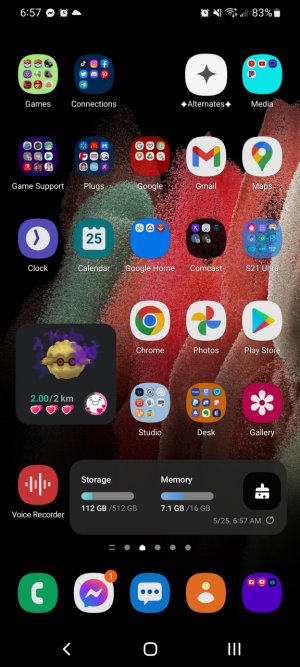Re: Wipe Cache Partition & Galaxy App Booster
Sorry, hope my reply did not come across as rude. Was explained in the OP so thought that was the easiest place to go.
Read the OP.
Sorry, hope my reply did not come across as rude. Was explained in the OP so thought that was the easiest place to go.



